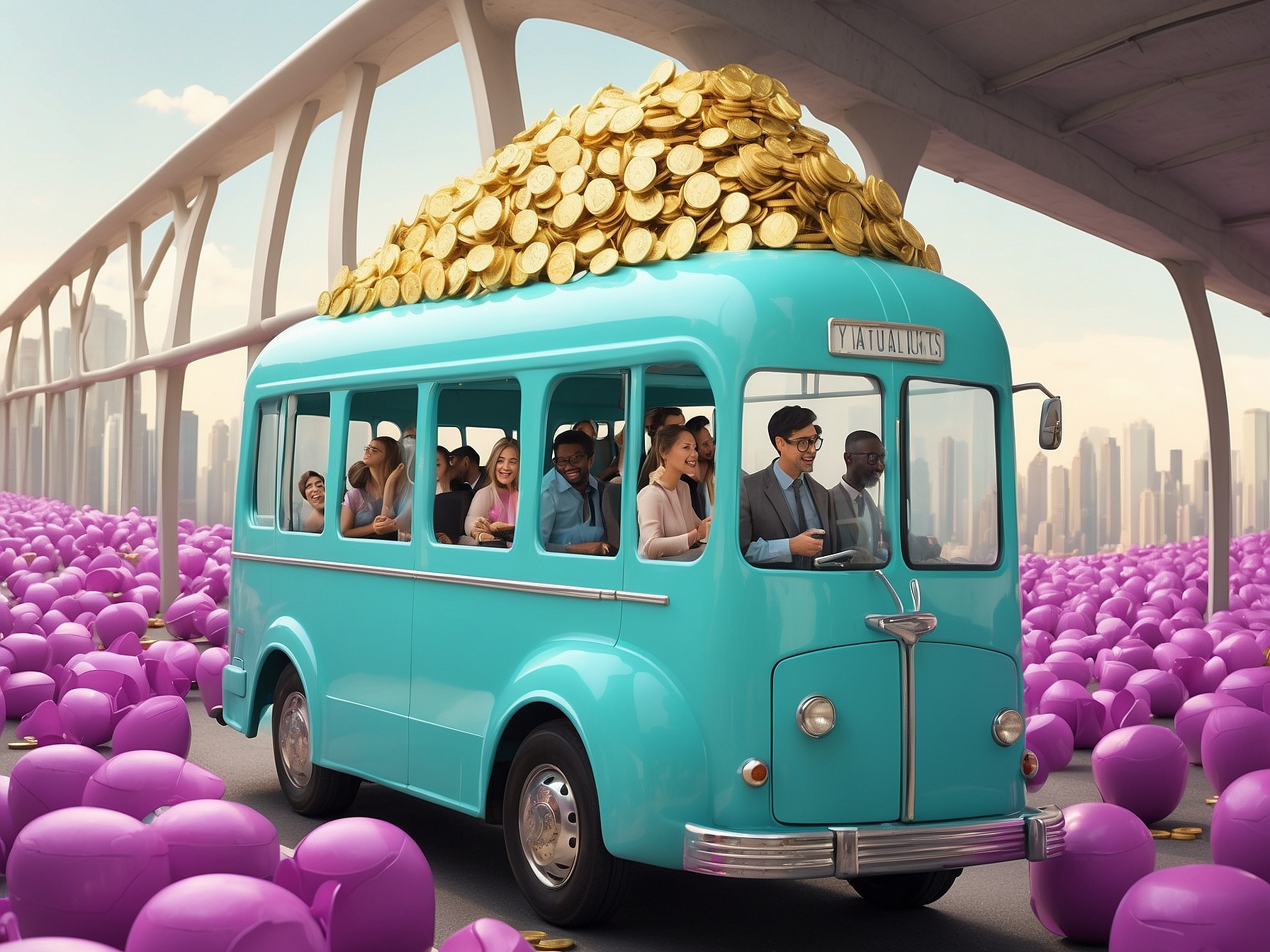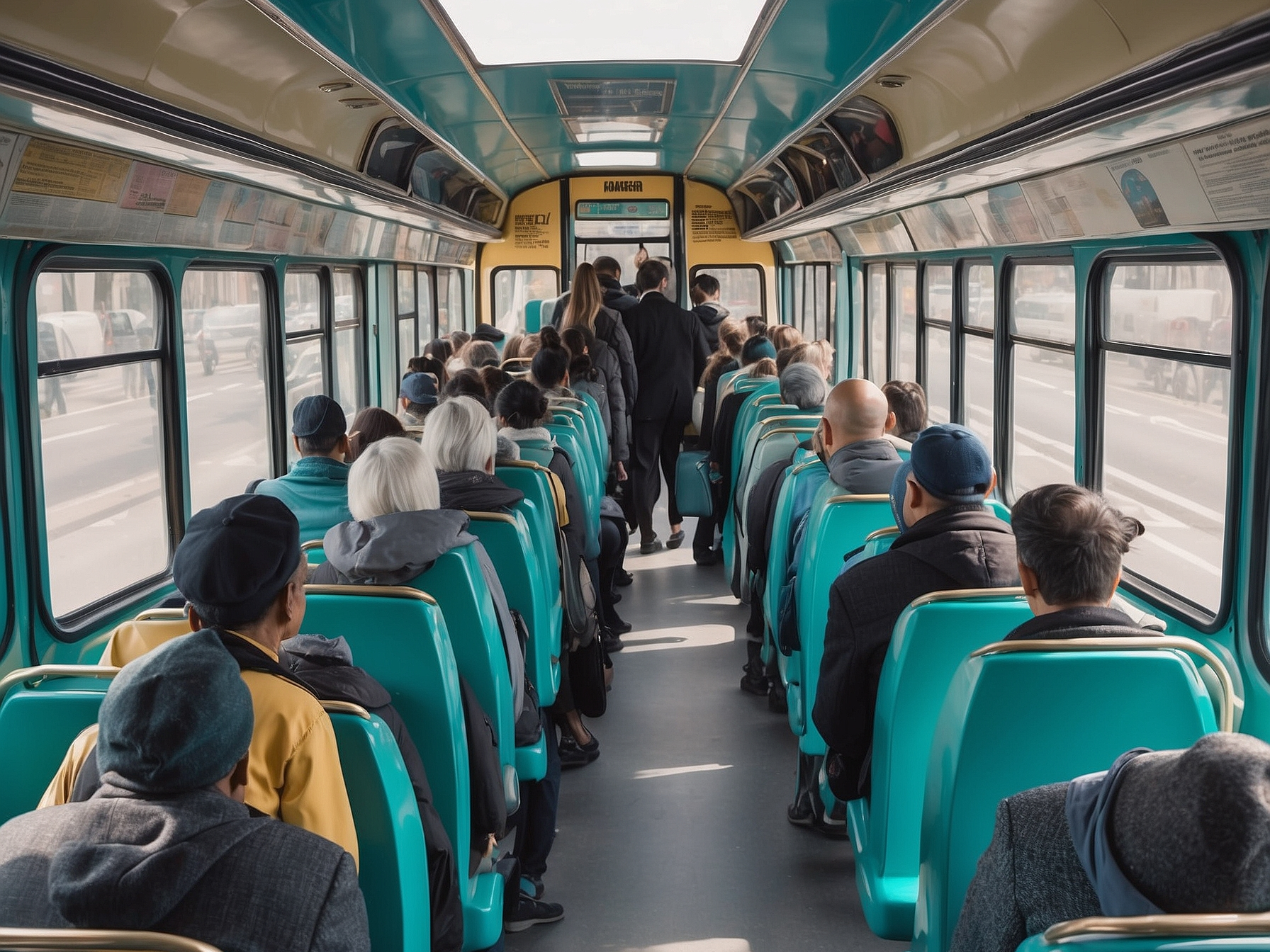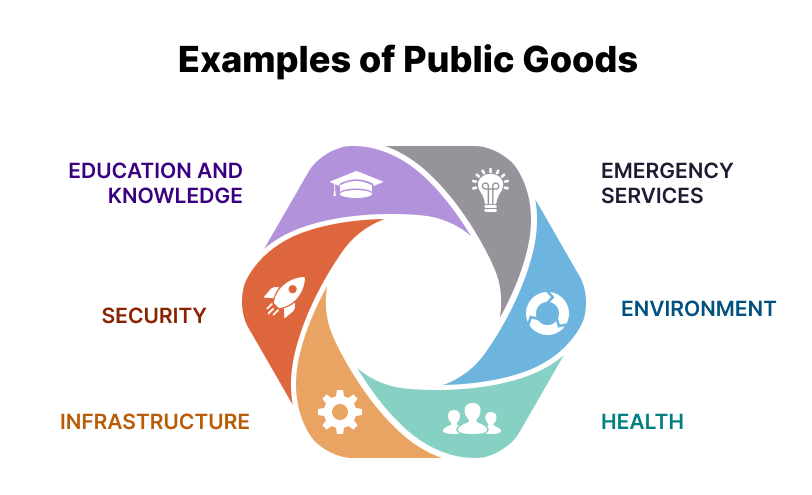Alright, let’s kick things off by talking about public goods—the unsung heroes of our everyday lives. You know, the stuff you use all the time but probably don’t think about while sipping your morning coffee. We’re diving into roads, schools, maybe even that park where you awkwardly tried yoga once (no judgment here). So, what exactly makes something a “public good”? Buckle up, because we’re about to break it down in a way that won’t make you snooze.

First things first: a public good is something that’s both non-excludable and non-rivalrous. Wait, what now? Don’t worry, we’ll make sense of this jargon faster than you can say “economics is fun” (which, let’s be honest, you probably haven’t said). Non-excludable means you can’t stop people from using it—even if they didn’t pitch in to pay for it. Think of it like streetlights; they shine on everyone, even that neighbor who never chips in for the block party. Non-rivalrous means one person’s use doesn’t reduce its availability to others. It’s like streaming your favorite show on Netflix; just because you’re watching doesn’t mean your best friend can’t binge it at the same time.
Public goods can vary from one place to another. What qualifies as a public good in one country might be different in another, depending on government spending, company initiatives, and cultural vibes. But before we dive into juicy examples, let’s make sure we’re all on the same page about what public goods really are.
What Is a Public Good?
So, what’s the deal with public goods? In plain English, a public good is something that’s available for everyone to use, usually provided by the government and funded through your taxes (yes, that chunk taken from your paycheck does more than just annoy you). The two big features are that they’re non-excludable and non-rivalrous. That means anyone can use them, and one person’s use doesn’t stop someone else from using them too. Think of it like Wi-Fi at a coffee shop—everyone can hop on without kicking someone else off.
Public goods are the glue holding society together. Imagine trying to navigate daily life without roads, clean water, or emergency services. Not a pretty picture, right? Even if you don’t personally use a specific public good, your tax dollars help make it available for others. It’s a team effort, folks!
Now, here’s where it gets interesting. Public goods are often linked to concepts like externalities and the free rider problem. Don’t worry; we’re not diving into boring textbook definitions. Think of externalities as the side effects—good or bad—that affect others when you use a public good. Positive externalities are benefits enjoyed by others, like when you plant a tree that provides shade for your whole block. Negative externalities are the opposite—like when your late-night drum practice keeps the neighbors awake. Not cool.
The free rider problem pops up when people benefit from resources they don’t pay for, which can lead to underfunding and overuse. It’s like that friend who always shows up to your potluck empty-handed but doesn’t hesitate to pile up their plate. If too many people become free riders, the whole system can break down, and suddenly those public goods aren’t so good anymore.
But here’s the kicker: while governments usually provide public goods, private companies or philanthropists can step in too. Remember when radio and TV were free, supported by ads? Anyone with a device could tune in without paying a dime. Nowadays, some services offer a basic free version but charge for premium features. It’s like getting a free sample at the grocery store before deciding if you want to buy the whole package.
Curious about what happens when markets run wild without rules? Dive into unregulated markets for a wild ride!
25 Public Good Examples You Probably Use Daily

Alright, let’s get to the good stuff—examples of public goods you encounter all the time, maybe without even realizing it. Here’s a list to make you say, “Oh yeah, I guess that is a public good!”
- Clean Air: Breathe in, breathe out. Unless you’re in a smog-filled city—then maybe hold your breath.
- Crosswalks: Helping you cross the road without playing a risky game of Frogger.
- Flood Defense: Keeping your basement from becoming an indoor pool during heavy rains.
- Public Schools: Shaping young minds without charging tuition at the door.
- Rule of Law: Because it’s nice to know that stealing your lunch is, in fact, illegal.
- Public Television: Educational shows and reruns of classics, all without a subscription fee.
- Public Parks: Green spaces where you can picnic, jog, or awkwardly attempt tai chi.
- Roads: The pavement that gets you from point A to point B without off-roading.
- Neighborhood Watch: Mrs. Jenkins peering through her curtains might actually be keeping your street safe.
- Information and Statistics: Census data and public reports that help businesses and individuals make informed decisions.
- Fire Service: Those heroes who show up when your cooking experiment goes up in flames—literally.
- Herd Immunity: Vaccinations helping to protect the whole community, even those who skipped their shots.
- Bridges: Making sure you don’t have to swim to get to the other side.
- Road Signs: Keeping you from taking a wrong turn into a one-way street. Whoops!
- Public Libraries: Access to books, the internet, and that one weird guy who’s always there—free of charge.
- Drinking Water: Clean water straight from the tap. Cheers!
- Radio: Tunes and talk shows you can enjoy without a monthly bill.
- Public Zoos and Aquariums: Sometimes free entry to see animals—just maybe not the exotic ones.
- Street Lights: Illuminating your late-night walks so you don’t trip over your own feet.
- National Defense: Keeping the country safe so you can sleep easy at night.
- Inventions: Groundbreaking ideas that benefit everyone, like the internet. Thanks, Tim Berners-Lee!
- Vaccines: Protecting you and others from nasty diseases. Needles aren’t so bad after all.
- Sidewalks: Giving you a place to walk that’s not the middle of the road.
- Sewage System: Flushing your troubles away, quite literally.
- Emergency Services: Ambulances and 911 operators ready when things go south.
Now, some of these might not be 100% non-excludable or non-rivalrous all the time. Take roads, for example. During rush hour, they become congested, and your use might actually affect others (hello, traffic jams!). These are sometimes called quasi-public goods. They’re still super important but come with a few caveats.
If you’re into business structures, you might want to check out different types of corporations and how they impact the economy.
Categories of Public Goods

Let’s break these examples down into neat little categories because who doesn’t love a good list?
- Education and Knowledge: Public schools, libraries, and educational broadcasts.
- Emergency Services: Fire departments, ambulances, and disaster response teams.
- Environment: Clean air, public parks, and biodiversity.
- Health: Vaccinations, public health campaigns, and sanitation services.
- Infrastructure: Roads, bridges, sewage systems, and public transportation.
- Security: National defense, police services, and the judicial system.
1. Education and Knowledge
Education isn’t just about popping into a classroom. It’s access to information, the ability to read this article, or check out a book from your local library. Governments often provide basic education to equip citizens with skills that benefit society as a whole. Plus, the more educated people are, the fewer awkward silences at dinner parties. Win-win!
2. Emergency Services
No one plans to have an emergency, but it’s reassuring to know help is just a call away. Emergency services like fire departments and ambulances are available to everyone, often funded by taxes. They’re the real-life superheroes, minus the capes (most of the time).
3. Environment
The great outdoors! Clean air, rivers, and green spaces fall under this category. They’re vital for our health and well-being. When we take care of the environment, it takes care of us. So maybe think twice before tossing that plastic bottle out the car window, okay?
4. Health
Public health services work behind the scenes to keep communities healthy. From vaccination programs to educational campaigns about washing your hands (seriously, please do), these services aim to prevent illness on a large scale. It’s like the old saying: an ounce of prevention is worth a pound of cure—or a ton of doctor bills.
5. Infrastructure
Imagine trying to get to work without roads or bridges. Infrastructure includes all the essential physical systems that keep a society functioning. It’s the skeleton that supports the body of our daily lives. Plus, well-maintained roads mean fewer potholes, and who doesn’t appreciate that?
6. Security
Security covers everything from national defense to local police forces. It’s about keeping the peace and making sure everyone plays by the rules. Even neighborhood watches contribute by keeping an eye out for suspicious activity—and maybe gossiping a little, but hey, it’s for a good cause.
Why Public Goods Matter

So, why should you care about public goods? Because they impact your life more than you might realize. They provide essential services that make our daily routines possible and our lives safer and more enjoyable. Without them, we’d be fending for ourselves in a chaotic world—not exactly the ideal scenario.
Public goods also promote equality by giving everyone access to basic necessities and services, regardless of their income or social status. They’re the great equalizers, leveling the playing field so everyone has a shot at a decent quality of life.
Takeaways
Public goods are all around us, often unnoticed but deeply integrated into our lives. From the roads we drive on to the air we breathe, they form the backbone of a functioning society. So next time you’re enjoying a stroll in the park or flipping on a light switch, take a moment to appreciate these shared resources.
And hey, when tax season rolls around and you’re grumbling about deductions, remember that your contributions help maintain these vital public goods. It’s a group effort, and every little bit counts. So let’s keep the good vibes—and the public goods—flowing!
